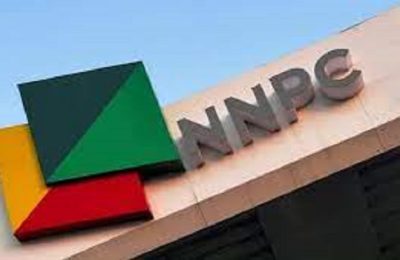LATEST monthly economic report from the Central Bank of Nigeria (CBN), has shown that total foreign exchange inflow into the Nigerian economy, on a year on year (y/y) basis fell by -19 percent to $5.7billion.
The reduced y/y value in fx inflow into the economy according to analysts from FBNQuest can be primarily attributed to the minimal accretion to gross official reserves due to low production of crude oil.
For context, Nigeria’s gross official reserves depleted by about $5.0 billion from the beginning of the year to December ’23, indicating an average monthly depletion rate of $456 million.

Other factors according to FBNQuest include the concern around fx liquidity, the backlog of outstanding fx payments, and the CBN’s outstanding fx swaps to commercial banks.
All these, the firm noted, have discouraged potential foreign investors from injecting fresh capital into the economy.
Similarly, fx inflow through the CBN, which accounted for 43 percent of the total fx inflows, declined by -6 percent m/m to $2.4 billion in August 2023.
For instance, the latest capital importation data from the National Bureau of Statistics (NBS) show that the value of capital imported into the country in Q1 ’23 fell markedly by -36 percent q/q and -44 percent y/y to a paltry $655 million.

The figure represents the lowest quarterly figure recorded for capital inflows since Q1 ‘13 and compares unfavourably with an average quarterly figure of about $5.0billion before the COVID-19 pandemic began in Q2 2020.
However, the CBN’s report further showed that total foreign exchange inflow into the Nigerian economy increased by 10 percent month on month (m/m) to $5.7 billion in August 2023.
Underscoring the m/m rise in fx inflow was an increase of 17 percent quarter on quarter (q/q) in fx revenues from autonomous sources to $3.3 billion.
Regarding fx outflows, aggregate fx outflows through the economy increased by eight percent m/m to $3.4 billion.
Although fx outflow through the CBN increased by six percent m/m to $3.0 billion, the higher value of fx outflow was primarily driven by a rise of 22 percent m/m in in fx outflows via autonomous sources to $400 million.
Combined, the overall fx flows resulted in a net fx inflow of $2.3 billion, implying an increase of 14 percent m/m.
Notably, the CBN has settled about $2 billion from its backlog of foreign exchange in a bid to restore investors’ confidence and strengthen the naira exchange rate.







